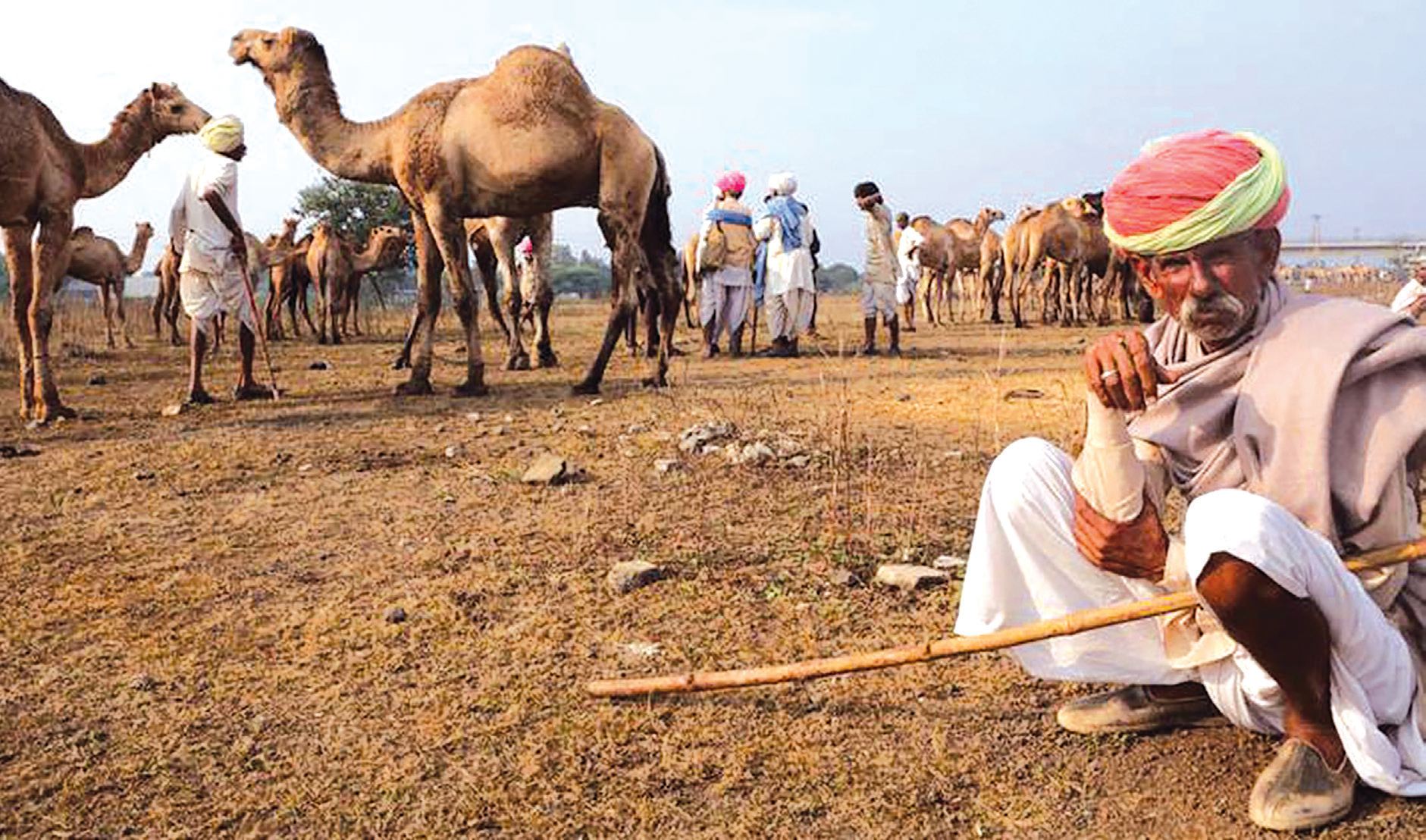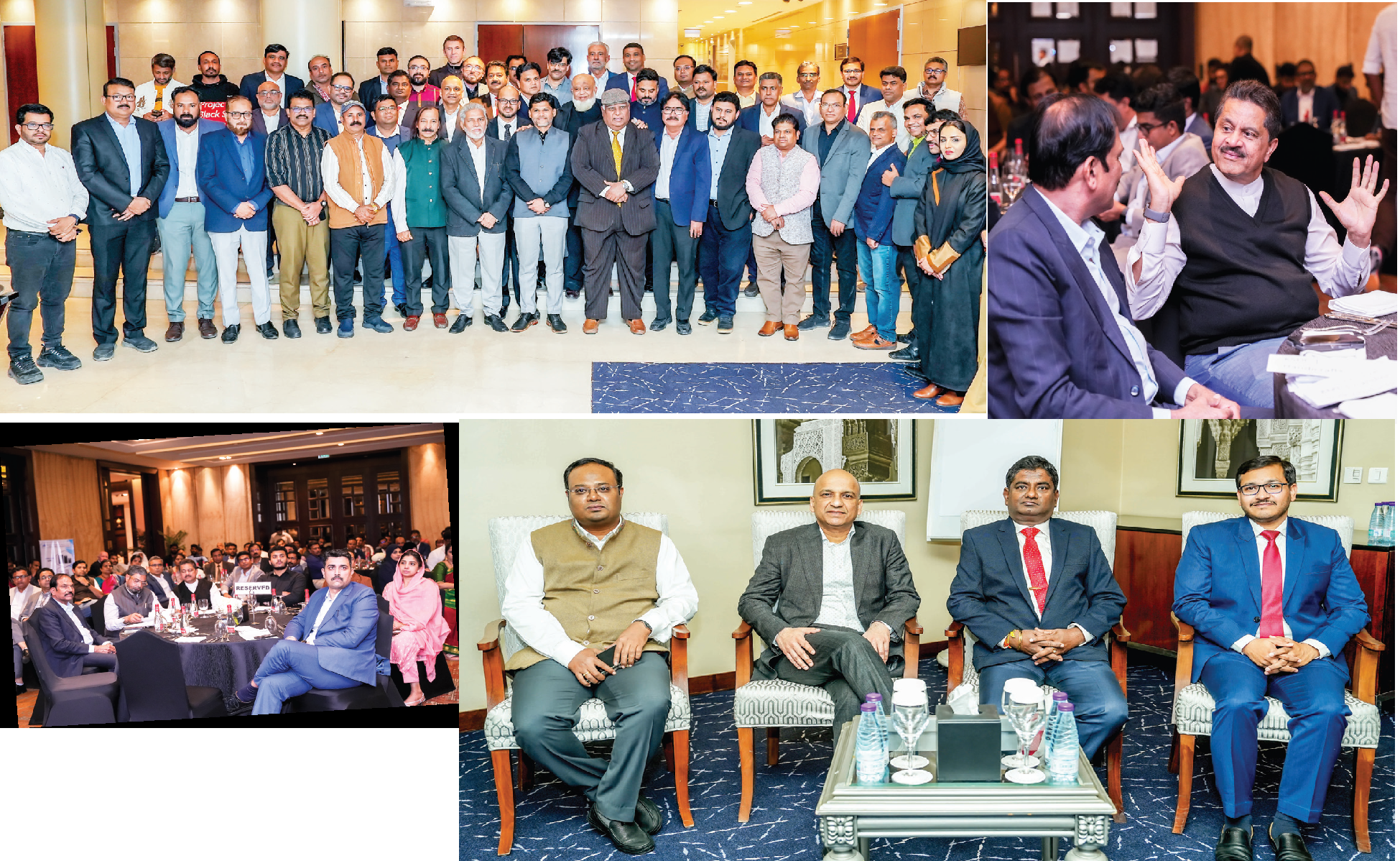
India will count pastoral livestock for the first time in history
Pastoralists and community leaders celebrate this as a milestone for their
rights and recognition. But, they say, it is only a first step
The Raika community are pastoralists and have been known to herd camels for a livelihood for centuries. Every year, Mir Hamza migrates across Uttarakhand, Himachal Pradesh and Jammu and Kashmir with buffaloes, goats and sheep, grazing them as he goes. Last year, he was on this journey with other pastoralists when a car drove into his herd of 15 buffaloes. Because the animals were travelling closely together, Hamza recounted, five died on the spot and the rest were seriously injured. The group tried to file a claim for compensation from the offending party – but they learnt that they were not entitled to make a claim because the buffaloes were not officially registered with the government. They were told there was nothing anyone could do. Under India’s current policies, pastoralists, many of whom are from SC and ST communities, cannot legally register livestock.
Unlike their counterparts on settled land, they cannot access insurance, vaccines, veterinary care and compensation when animals are injured or killed. “No government or institution is ready to believe that you own these cattle, and this is your livelihood,” Hamza said. But a historic step may mark a major change in the rights and recognitions afforded to nomadic and migratory herders. India announced earlier this month that its 2024 livestock census will, for the first time, also enumerate pastoral livestock. Officials say this addition to the count is crucial for recognising pastoralism as a widespread practice and could pave the way toward introducing new resources and programmes for the community. Its advocates hope this shift will help create a policy framework that will eventually allow livestock to be legally registered. Hamza said this will be the most significant step toward protecting the rights of pastoral communities since the passage of the Forest Rights Act in 2006, among whose aims was to protect the community’s rights to graze and fish on common land.
With the census, “our livelihood will be recorded for the first time in the form of a document,” Hamza said. “This is our second opportunity of independence, that for the first time our livelihood can be recognised.” Ramesh Bhatti is the program director at the Centre for Pastoralism, an NGO that works with pastoral communities across the country. He explained that the government agreed to take this step as a result of sustained pressure from their centre and other NGOs, who have for years made efforts to draw attention to the pastoral community. There has also been a recent increase in global attention on pastoralism. In February 2022, the United Nations issued a resolution declaring that 2026 would be the International Year of Rangelands and Pastoralists. “By 2026, we should have proper numbers, we should have proper policies and availability of resources,” Bhatti said.
 English daily published in Bengaluru & Doha
English daily published in Bengaluru & Doha






